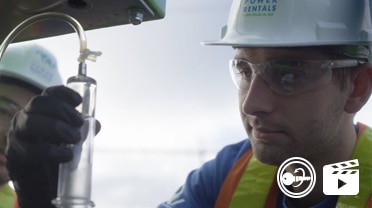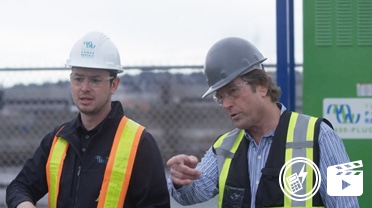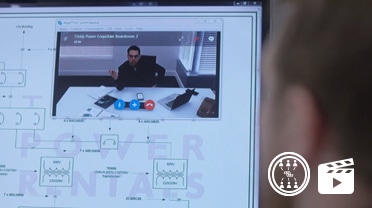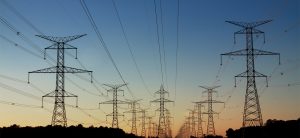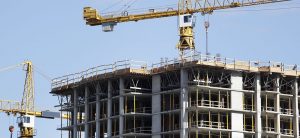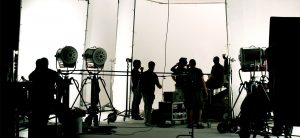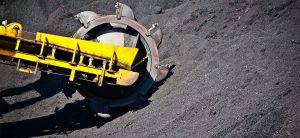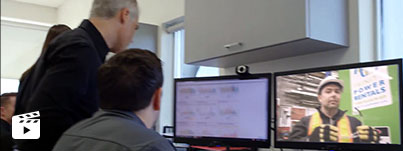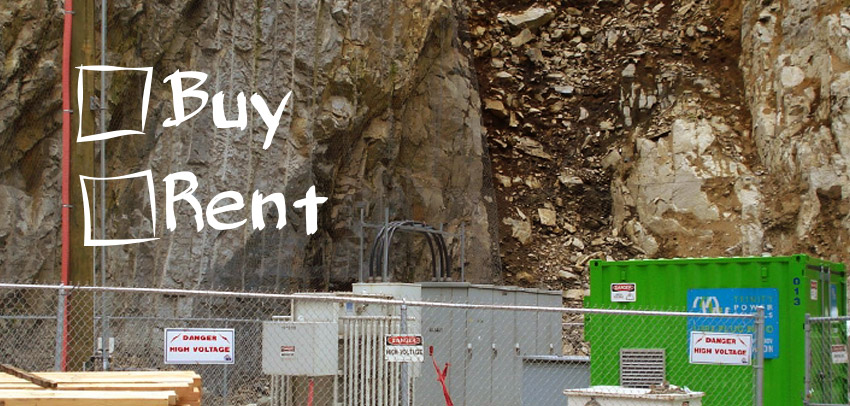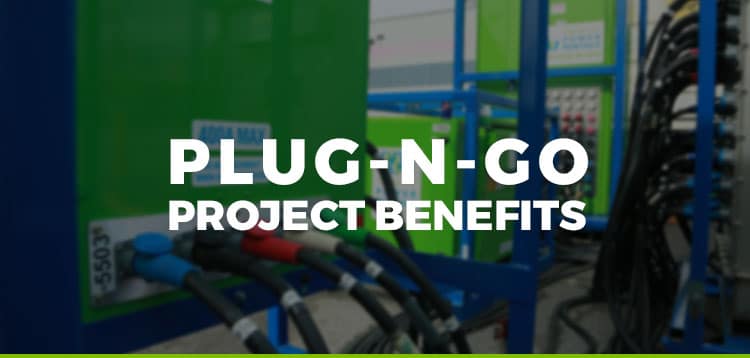- OUR APPROACH
-
COMMITTED TO YOUR SUCCESS
Our approach, developed over decades of experience, is fine-tuned to get the results you want.
We deliver concept-to-completion solutions, designed by temporary power specialists with access to the largest inventory of high-quality power generation and distribution equipment in North America.
-
- Equipment
-
RENTALS
From a wide range of diesel and natural gas generators to transformers, cable, light towers and more, our large rental fleet and extensive vendor network ensure we’ll have the temporary power equipment that your project requires — every time.
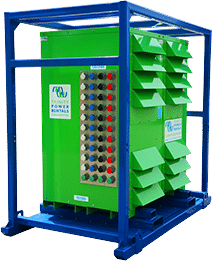
-
- Industries
-
INDUSTRIES WE SERVE
For nearly 20 years, we have been at work powering projects across Canada’s industrial sectors.
Select from this sampling of industries to learn how we can put our expertise to work for you.
VIEW ALL- Projects
- About
-
A PROUD HISTORY. A BRIGHT FUTURE.
From our inception in 1998, we have been building our team on a foundation of excellence. Our team members’ passion, expertise and commitment are what have allowed us to grow into a national company with projects across Canada.
Click on the links to learn more about our history, our team or our career opportunities.
- Blog
- Contact
-
From restaurants to rideshares, COVID-19 has changed the way many of us do business. Social distancing measures and working from home, furloughs and cost cutting measures are all part of the “new normal”. Industrial sectors, far from being immune, have been hit especially hard. Some forecasts suggest that Canada’s construction industry will see work shortages for at least the next 12 months, and the oil and gas industry, still dealing with low oil prices, has seen its planned capital expenditures this year reduced by billions of dollars.
In short, these are uncertain times.
In the midst of this uncertainty, we’ve noticed a trend: several of our clients who would typically buy temporary power equipment for their projects are now opting to rent – and with good reason.
We spoke with Kurt Guess, Trinity’s own Director of Sales and Projects, to find out why.
What Are the Challenges Facing Companies Right Now?
- rising costs
- project delays
- limited capital expenditure
- uncertain future
“One of the main themes that we’ve noticed, especially over the last few months, is that operating and project costs for companies are going up,” says Guess. There are a number of reasons for these rising costs. Guess elaborates: “Safety precautions are being implemented; PPE is being added; for camp work, the number of people you can actually have in a camp has decreased, which means timelines are being extended.”
In part because of these rising costs, but also because of economic uncertainty, and the ongoing concerns around the virus, project delays are another key challenge facing businesses in industrial sectors. “For example, if a manufacturing facility has to do load bank testing requiring a large number of people to be in a close space, that is likely to be pushed out,” explains Guess.
Another challenge, especially on bigger projects, is stricter caps on capital expenditure. “I’ve spoken with clients who were essentially mandated not to purchase expensive equipment because nobody knows what things will look like three months out,” says Guess. “We don’t know if a second wave is going to come; if they’re going to shut everything down again or impose new restrictions that could impact projects.”
The Name of the Game: Managing Cash Flow
“The main reason that it’s a good idea for companies to rent temporary power equipment rather than buying is cash flow management,” says Guess. “It eliminates that capital investment at the beginning of the project.”
Guess explains that for something like a long-term construction project, “Power to the site has to be there from day one. And as the project grows, the power requirements often grow as well.” Pre-COVID, General Contractors could build budgets based on predictable timelines, so investing hundreds of thousands of dollars in equipment assets at the outset of a project made economic sense.
But COVID has changed the math.
“If a company spends $200,000 on a piece of equipment at the beginning of a project, they are going to look at having that paid back within the project timeframe,” explains Guess. “But now they can’t say with confidence that the project will proceed without interruptions. The government could shut it down and send everybody home within 6 months.” For as long as operations are on hold, the business isn’t seeing returns on the capital they invested, making buying, for many, an unacceptable risk right now.
Renting, on the other hand, allows companies to fine-tune their cash flow management. “Equipment can be rented month-to-month for a fraction of what the initial capital investment would be,” says Guess. “It might be a similar cost over the project’s life span, but if the project gets canceled or postponed, you have the option of taking the equipment off rental, so you can manage that cash flow much better.”
It comes down to risk management, and with so many factors being uncertain, renting offers some welcome control.
Time is Of the Essence: Eliminating Lead Times
Another benefit of renting — one that arises frequently in our case studies — is the elimination of lead times. Even before manufacturers were faced with a global pandemic, lead times could present a challenge. But with new shipping restrictions on the raw materials that manufacturers require, along with other COVID-related regulations, lead times are expanding.
“In the current climate, lead times are being pushed out, so that a delivery estimate that would normally be one month may very well end up being two or three,” says Guess, who adds that he knows of at least three companies whose recently purchased equipment has taken so long to arrive that they had no choice but to rent temporary gear in order to start their project.
As Guess puts it: “It’s not business as usual right now.”
Looking to Rent? Trinity Power is 100% Operational
While many things about doing business have changed during the pandemic, working with Trinity Power hasn’t. “We’ve got our entire office staff across North America working from home, with the same workstations they would have in the office,” says Guess.
And while we’ve implemented WorksafeBC practices and other safety measures to protect our shop staff and the workers they interact with, clients will still receive the same level of service they always have.
We’re still here, 24/7, to serve you.
Related Articles
Subscribe for access to exclusive content
